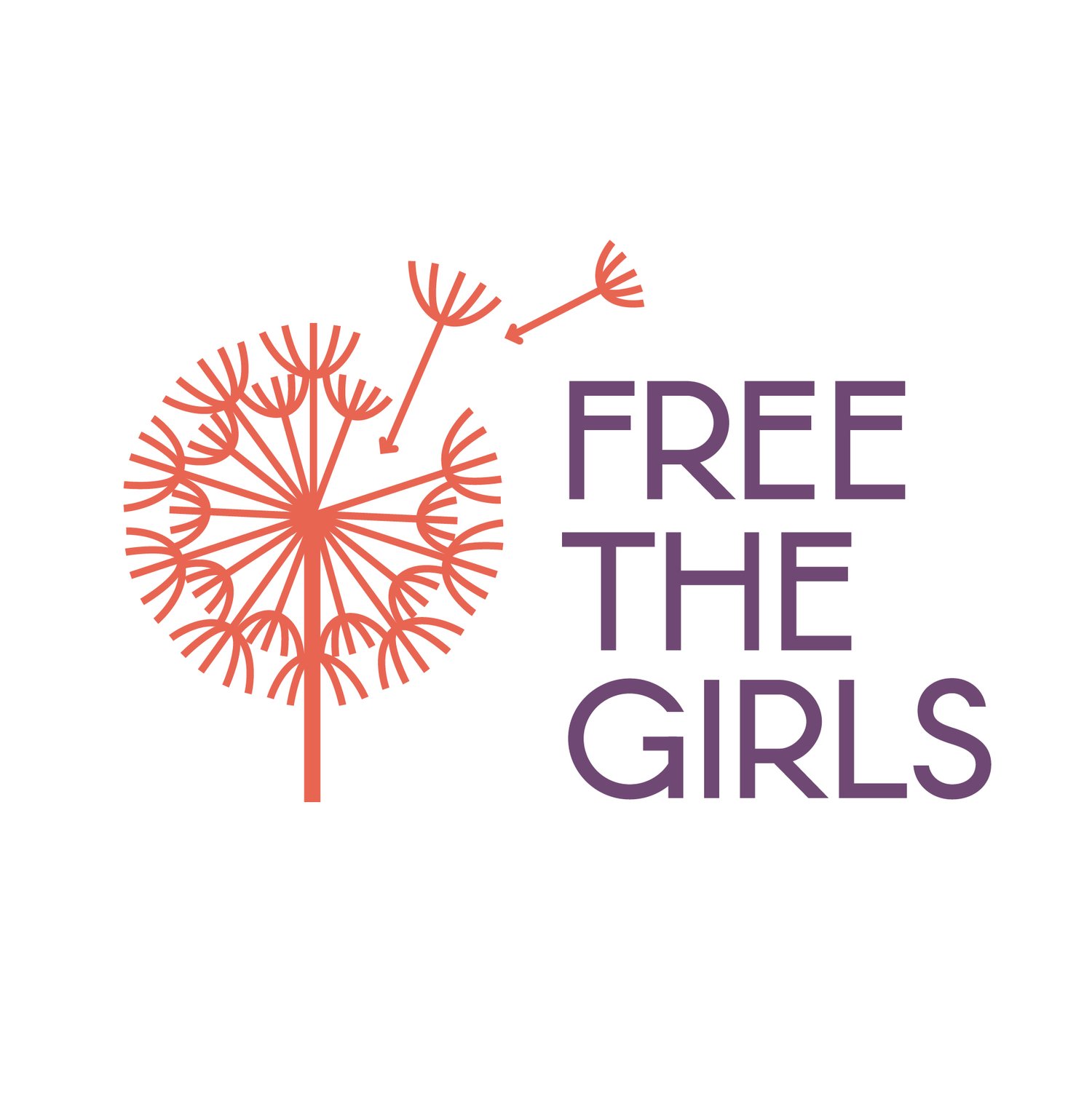Why Reintegration?
What happens after rescue? After the shelter or aftercare program? This is what FTG aims to answer - what next?
So often in the context of survivor assistance, the story stops once the person is safely away from their trafficker, receiving therapy and psychosocial support, and recognizing that a different future is possible.
But what happens next?
Challenges of surviving as a survivor
Low literacy or unfinished formal education
Social stigma
Debts
Lack of job history
Arrest record
Health factors
Unfamiliarity with accessing basic services
Poverty and isolation are two of the biggest factors of vulnerability.
Too often for survivors of forced commercial sex, social stigma and lack of job experience prevent a person from finding both community and dignified employment. FBA states that up to 80% of trafficking survivors will be re-exploited in the absence of a job opportunity. FTG works to ensure that a person is not placed into the same situations that made them vulnerable for trafficking in the first place. We are not just trauma-informed but healing-centered. This is reintegration – walking alongside a woman as she moves from victim to survivor to even beyond, to a thriving, fulfilled, contributing member of society.
Freedom - as defined by FTG survivors
Literacy
Housing security
Dignified employment
Education for their children
Inclusion in a community
Access to healthcare
The Results of Reintegration


